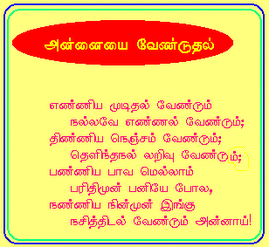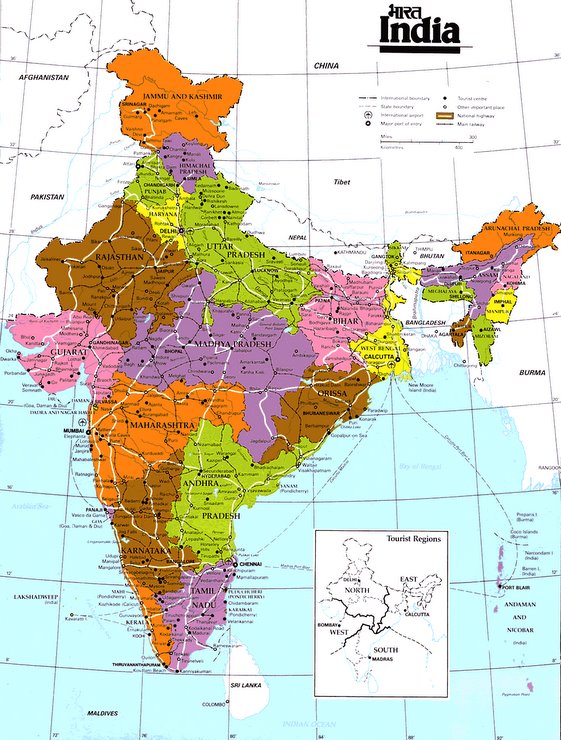Karl MaX

Karl Marx was born on May 5, 1818. He was the son of a long line of rabbis on either side of the family. His father, Heinrich, was a Jewish lawyer, and his mother, Henriette, a Dutchwoman. Heinrich converted his family to Christianity, primarily to keep his job in the Prussian State. He joined the group Young Hegelians, who attempted to apply Hegelian ideas to the movement against organized religion and the Prussian autocracy.
He tried to pursue a university teaching career, but was stopped by the Prussian government. He then became the editor of Cologne, a liberal newspaper backed by industrialists. Marx's articles, particularly those on economic questions, forced the Prussian government to close the paper. Marx then moved to Paris, where he first came in contact with the working class, gave up philosophy as a life goal, and undertook his serious study of economics.
In Paris, he rapidly made contacts with organized groups of émigré German workers and with various sects of French socialists. Marx applied the ideas of alienation of Ludwig Feuerbach. This idea was that man created god as a way to project their own ideal. Which, in turn, forced them to need both government and religion. If the people got rid of religion, they could over come their alienation. Marx applied this idea of alienation towards private property. That caused humans it work for themselves and not for the good of their species. He elaborated the idea that alienation had an economic base into his work. He was expelled from France "at the instigation of the Prussian government," as he said.
He moved to Brussels. He founded the German Workers' party and was active in the Communist League. He met Friedrich Engels. They collaborated on a book which was a criticism, of the Young Hegelian friends for there stress on alienation. Marx also was writing down some notes, thesis on Feuerbach, which they published in a book called, "The German Ideology," in which they developed their materialistic conception of history. They had argued that human thought was determined by social and economic forces, mostly those related to the means of production. They developed a method of analysis , which the clash of historical forces lead to changes in society. He then, with his good friend, Friedrich Engels, wrote the famous Manifesto of the Communist Party. In it, they declared that all history was the history of class struggle. Under Capitalism, the struggle was between the working class and the business class would end in a new society, a communist one. Expelled by the Belgian government for his radicalism, Marx moved back to Cologne, where he became editor of the Neue Rheinische Zeitung in June 1848. Less than a year later, in May 1849, the Prussian government suppressed the paper, and Marx himself was exiled. He returned to Paris, but in September the French government expelled him again. Hounded from the Continent, Marx finally settled in London, where he lived as a stateless exile (Britain denied him citizenship and Prussia refused to reneutralize him) for the rest of his life.
His wife died, and his eldest daughter , shortly before his own death. Marx continued to write treatises on socialism and influenced many groups of workers after the Manifesto of the Communist Party. He died in London on March 14, 1883. He was buried in London's Highgate Cemetery.
Karl Marx’s ideas influenced many people throughout the 1900’s. He was considered to be the God Father of Communism.
























No comments:
Post a Comment